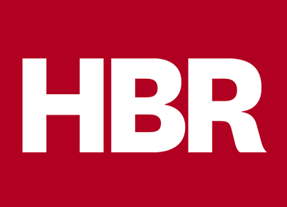Larry Downes: “The Tangled Web of Net Neutrality and Regulation” (HBR)
Posted in Announcements News

Harvard Business Review
Net neutrality is a basic, but notoriously squishy, principle. It means that a broadband internet provider should not block, slow, or otherwise unfairly discriminate against any websites or online services. Despite being a simple idea, net neutrality has proven difficult to translate into U.S. policy. It sits uncomfortably at the intersection of highly technical internet architecture and equally complex principles of administrative law. Even the term “net neutrality” was coined not by an engineer but by a legal academic, in 2003. Since Donald Trump’s election, the rhetoric surrounding net neutrality’s imminent demise has been frenzied. Every move by newly appointed Federal Communications Commission (FCC) chair Ajit Pai generates a chorus of consumer advocates bemoaning the death of neutrality and the “end of the internet as we know it.” Businesses and consumers are being warned that Republican lawmakers are united in their determination to not just modify the FCC’s 2015 Open Internet Order, but to “kill,” “destroy,” “dismantle,” or “abolish,” the open internet, as soon as possible. In the interest of exploring these issues, I’ve compiled some of the most important questions about net neutrality and the 2015 order, which grounded the rules in 1930s-era public utility law.
